Exorcism industry 'booming' in France, Italy and UK
Godlessness or terrorism - why are more people seeking help for 'demonic possession'?

A free daily email with the biggest news stories of the day – and the best features from TheWeek.com
You are now subscribed
Your newsletter sign-up was successful
Exorcisms are experiencing a boom in popularity across several European countries. But with religious belief declining across the developed world, what is driving the demand for one of the Christian faith's most controversial practices?
France leads the way when it comes to the renewed interest in exorcism. In Ile-de-France, the region around Paris, the number of exorcism requests has remained relatively steady in recent years at around 2,500 per year. However, the Church now acts on around 50 of those reports of demonic possession, compared to an average of 15 a decade ago.
And what of those who aren't among the the 50 cases identified as a genuine demonic possession? Private exorcism services in the country are also booming, The Economist reports.
The Week
Escape your echo chamber. Get the facts behind the news, plus analysis from multiple perspectives.

Sign up for The Week's Free Newsletters
From our morning news briefing to a weekly Good News Newsletter, get the best of The Week delivered directly to your inbox.
From our morning news briefing to a weekly Good News Newsletter, get the best of The Week delivered directly to your inbox.
A French priest has a simple explanation for the apparent rise in possessions, telling expat magazine The Connexion that exorcisms were on the rise "because France is less religious, leaving people vulnerable to diabolical attacks".
However, one private "energeticist", Philippe Moscato, told the Economist that he suspected the existential threat of terror might be driving the demand, saying he received an "incredible avalanche" of requests for his services after the spate of terror attacks targeting France in late 2015 and early 2016.
In addition to godlessness and terrorism, a papal endorsement might also have played a part in the uptick in exorcisms. In March, the Holy Father reminded priests that they had a duty to consult with specialists if they suspected diabolic activity in their parish.
Pope Francis did not mention demonic possession by name, instead referring to "spiritual disorders" caused by "supernatural forces", Huffington Post reports.
A free daily email with the biggest news stories of the day – and the best features from TheWeek.com
The pontiff's public backing has given renewed attention within the Church to a practice which younger priests have proven reluctant to embrace.
Last year, a 79-year-old exorcist in Rome told the BBC that, despite booming demand for his services, he was struggling to find successors.
"I told the bishop that I can't find anyone willing to do this," Father Vincenzo Taraborelli told the BBC, claiming many of the younger priests were "scared" to become involved in the demon-battling business.
The pope reminded priests to act with "great care and prudence" when requesting an exorcism, however, and specifically warned against confusing supernatural forces with mental illness.
Nonetheless, in July this year religious think tank Theos warned that exorcisms of the mentally ill were behind a sharp rise in the number of such ceremonies being carried out in the UK
The "astonishing increase in demand" for exorcisms in recent years was driven by the prevalence of the practice in some Pentecostal and evangelical churches, their research found, particularly in immigrant communities.
One chaplain told Theos that exorcisms of the mentally ill were a "classic example of well-meaning initiative with the potential for serious harm", saying that anything which might discourage those in need from seeking professional medical help "runs the risk of becoming a sort of spiritual abuse".
-
 The ‘ravenous’ demand for Cornish minerals
The ‘ravenous’ demand for Cornish mineralsUnder the Radar Growing need for critical minerals to power tech has intensified ‘appetite’ for lithium, which could be a ‘huge boon’ for local economy
-
 Why are election experts taking Trump’s midterm threats seriously?
Why are election experts taking Trump’s midterm threats seriously?IN THE SPOTLIGHT As the president muses about polling place deployments and a centralized electoral system aimed at one-party control, lawmakers are taking this administration at its word
-
 ‘Restaurateurs have become millionaires’
‘Restaurateurs have become millionaires’Instant Opinion Opinion, comment and editorials of the day
-
 Is the Catholic Church taking on Trump?
Is the Catholic Church taking on Trump?Today's Big Question Pope calls for ‘deep reflection’ on immigration
-
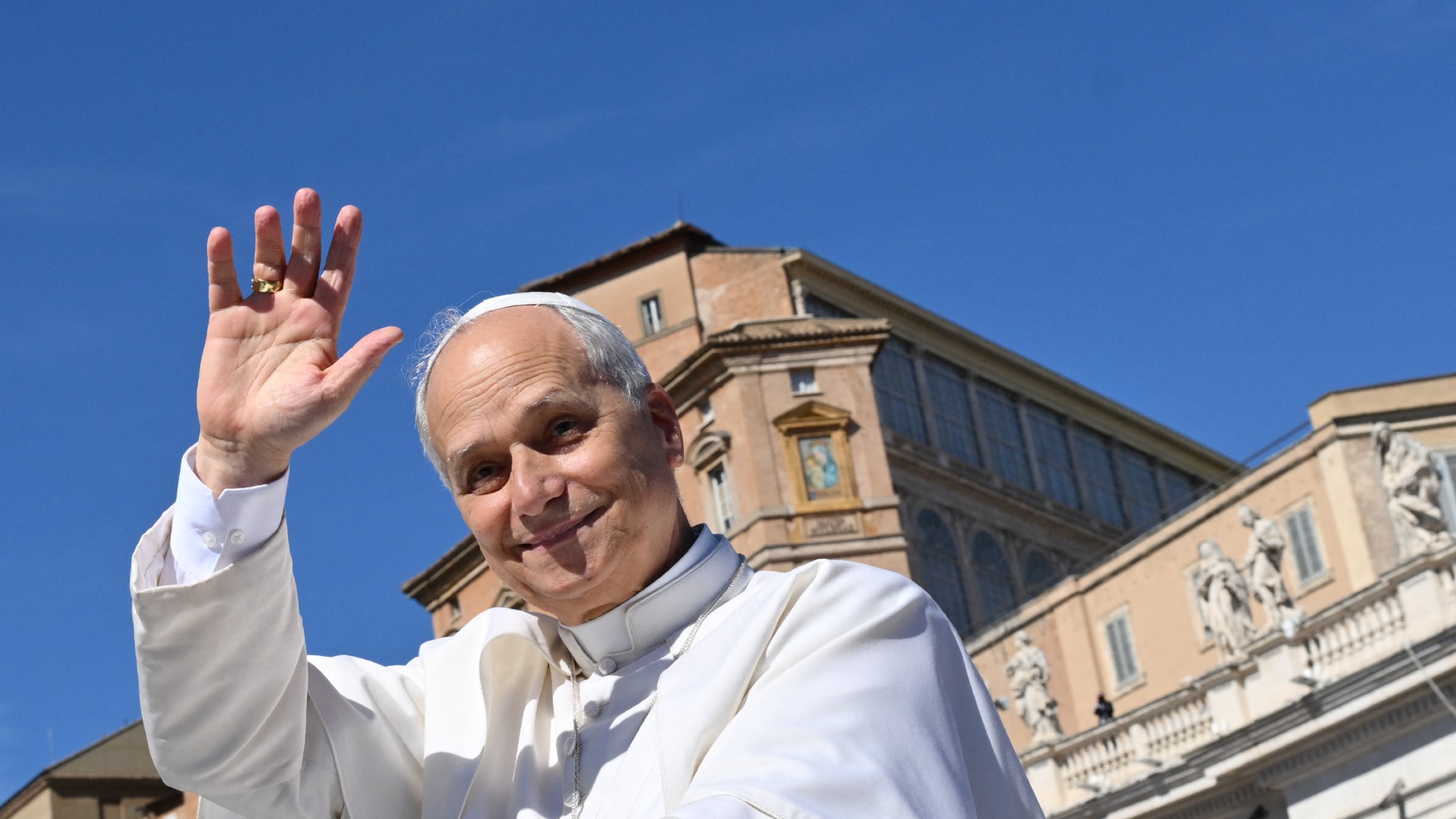 Pope Leo wants to change the Vatican’s murky finances
Pope Leo wants to change the Vatican’s murky financesThe Explainer Leo has been working to change some decisions made by his predecessor
-
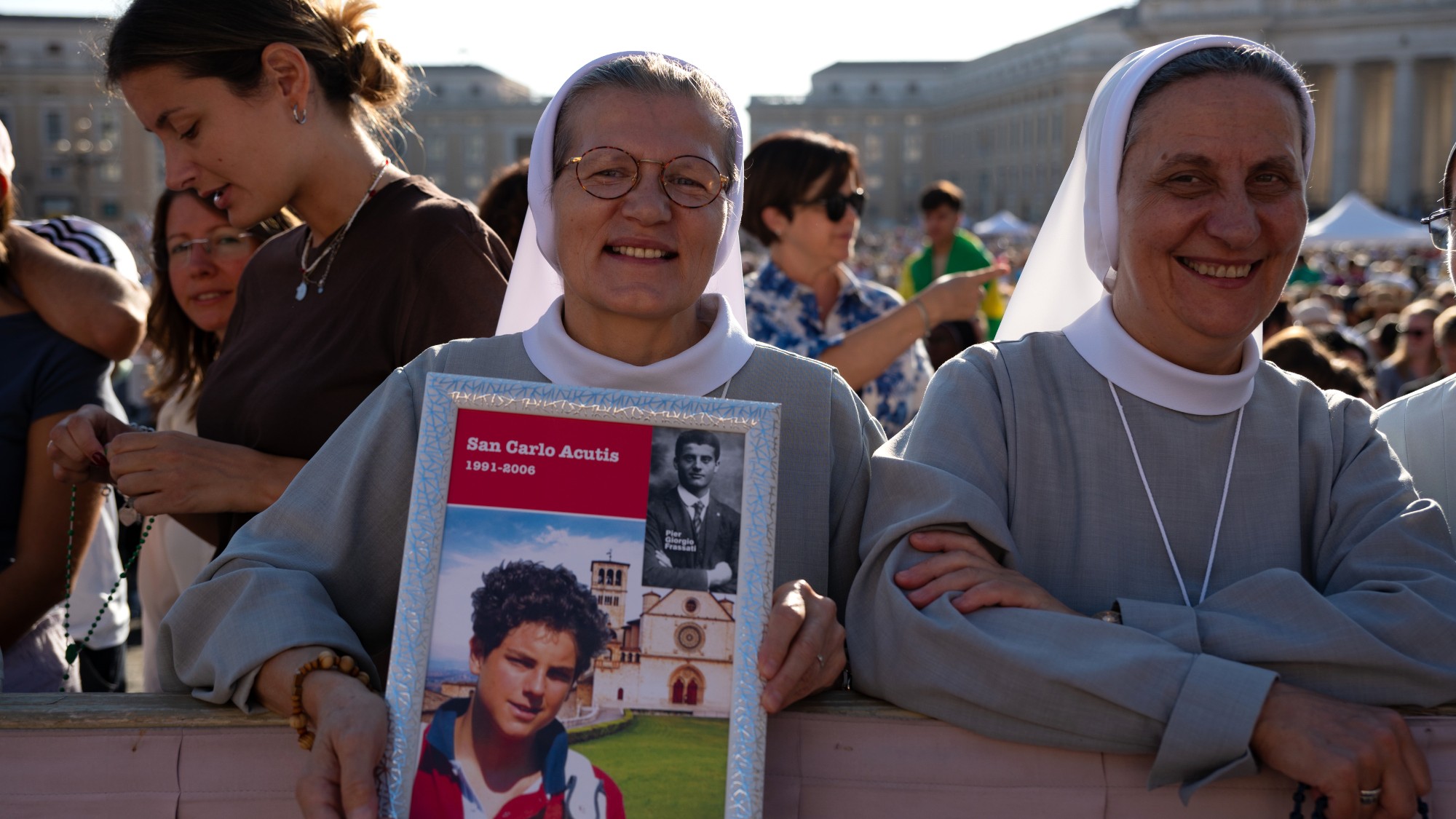 Pope Leo canonizes first millennial saint
Pope Leo canonizes first millennial saintSpeed Read Two young Italians, Carlo Acutis and Pier Giorgio Frassati, were elevated to sainthood
-
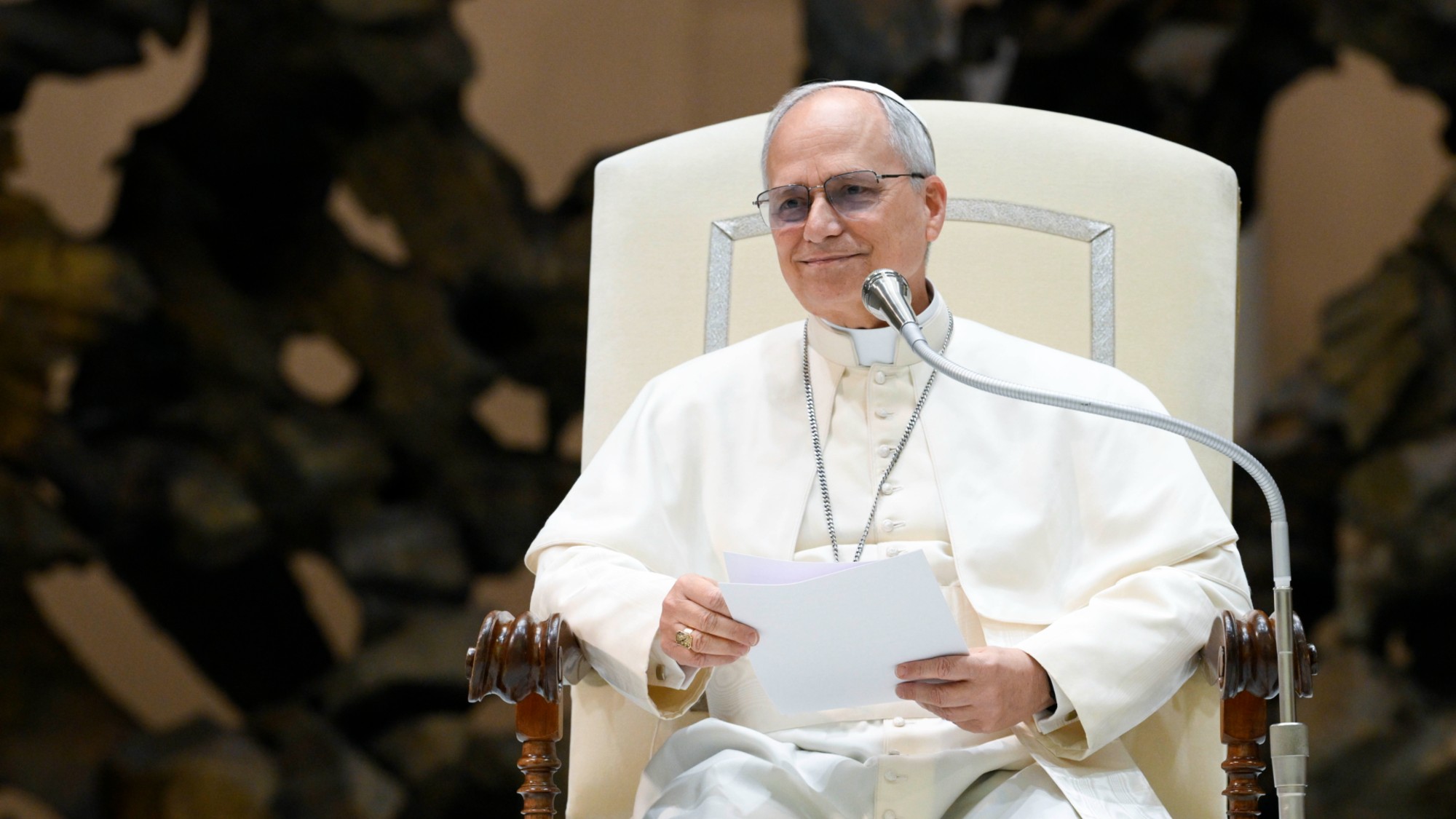 Where the new Pope Leo XIV stands on social issues
Where the new Pope Leo XIV stands on social issuesThe Explainer The first American pontiff is expected to continue some of his predecessor's work
-
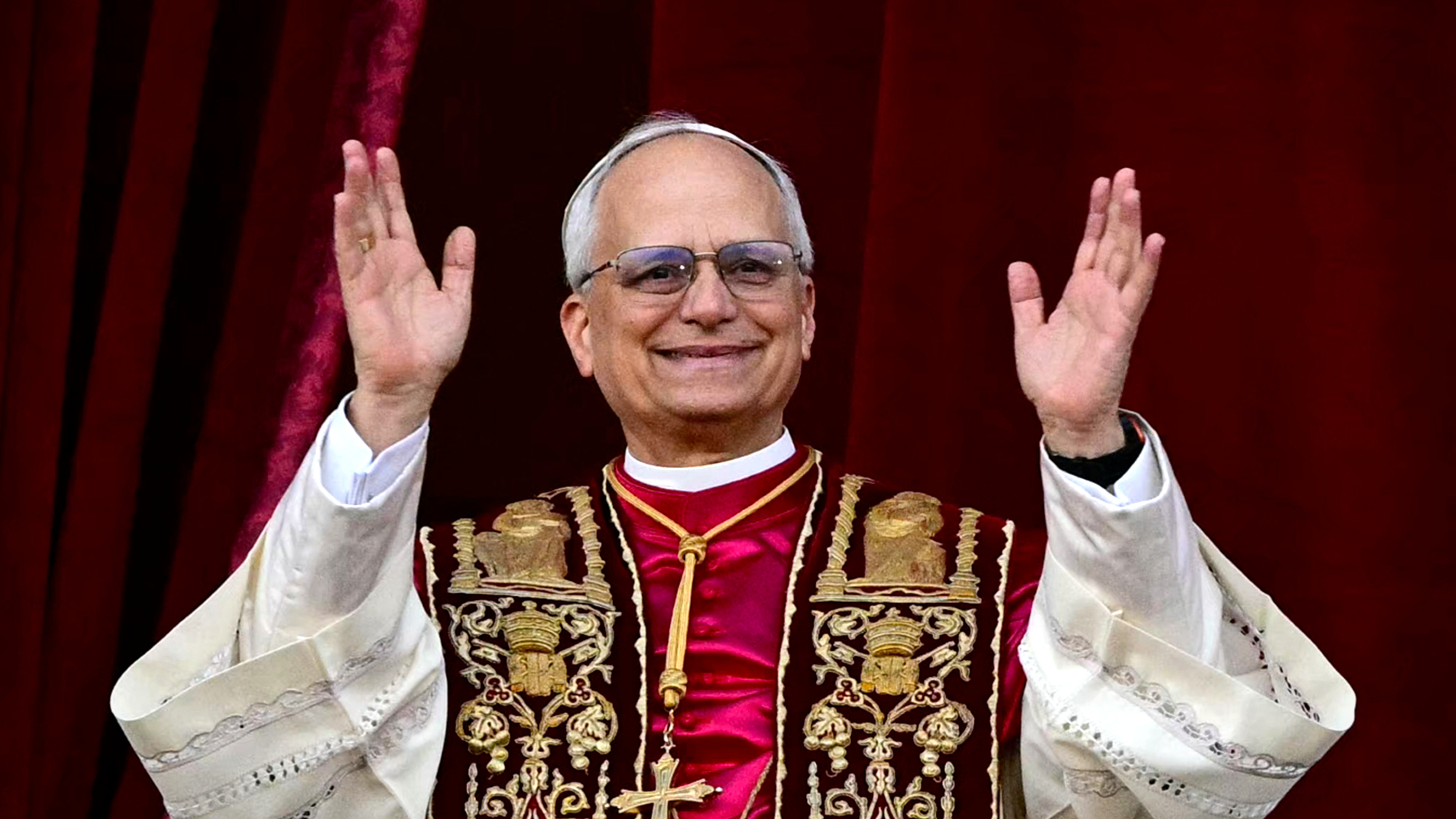 Prevost elected first US pope, becomes Leo XIV
Prevost elected first US pope, becomes Leo XIVspeed read Cardinal Robert Francis Prevost is a Chicago native who spent decades living in Peru
-
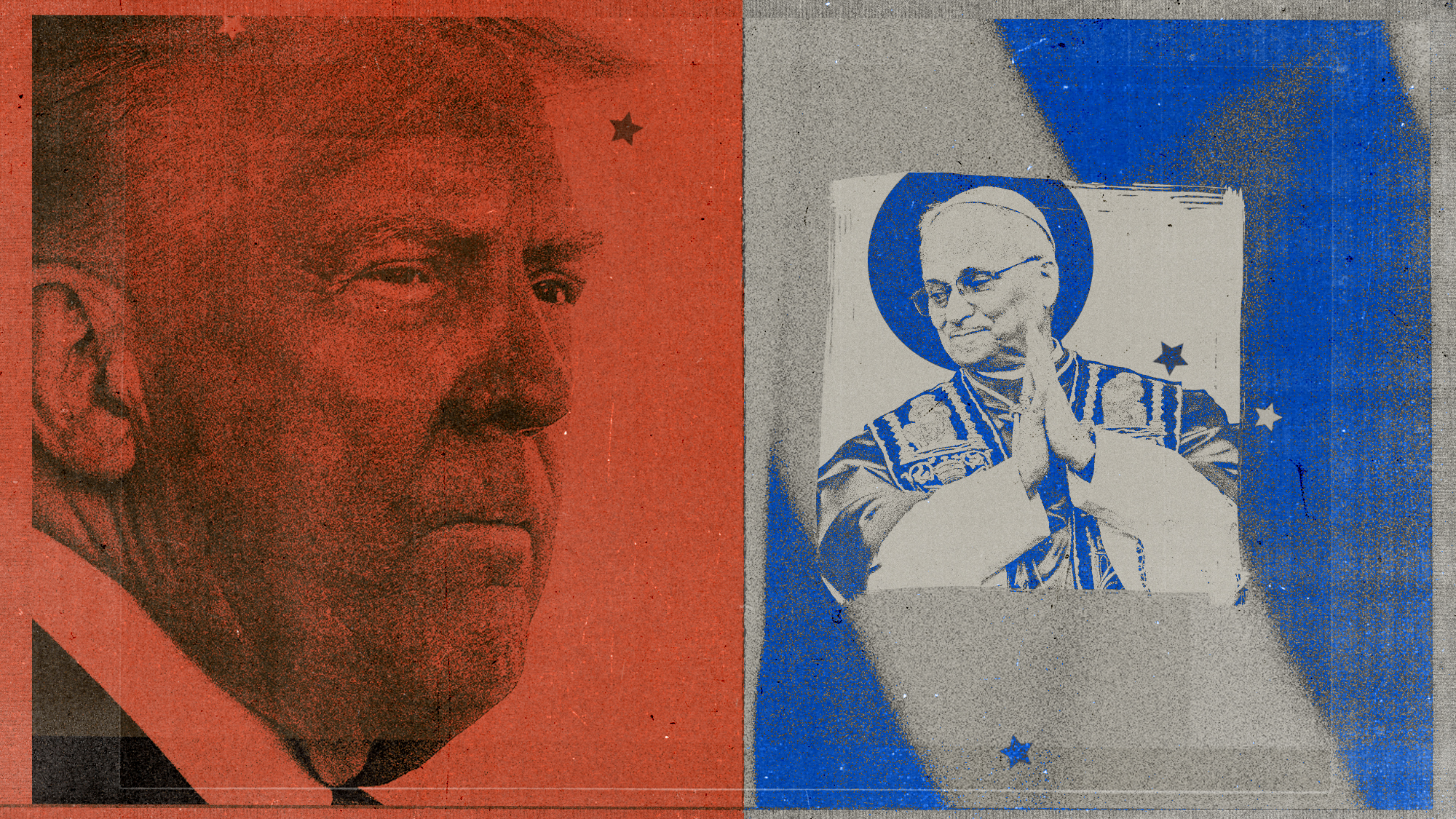 Leo XIV vs. Trump: what will first American Pope mean for US Catholics?
Leo XIV vs. Trump: what will first American Pope mean for US Catholics?Today's Big Question New pope has frequently criticised the president, especially on immigration policy, but is more socially conservative than his predecessor
-
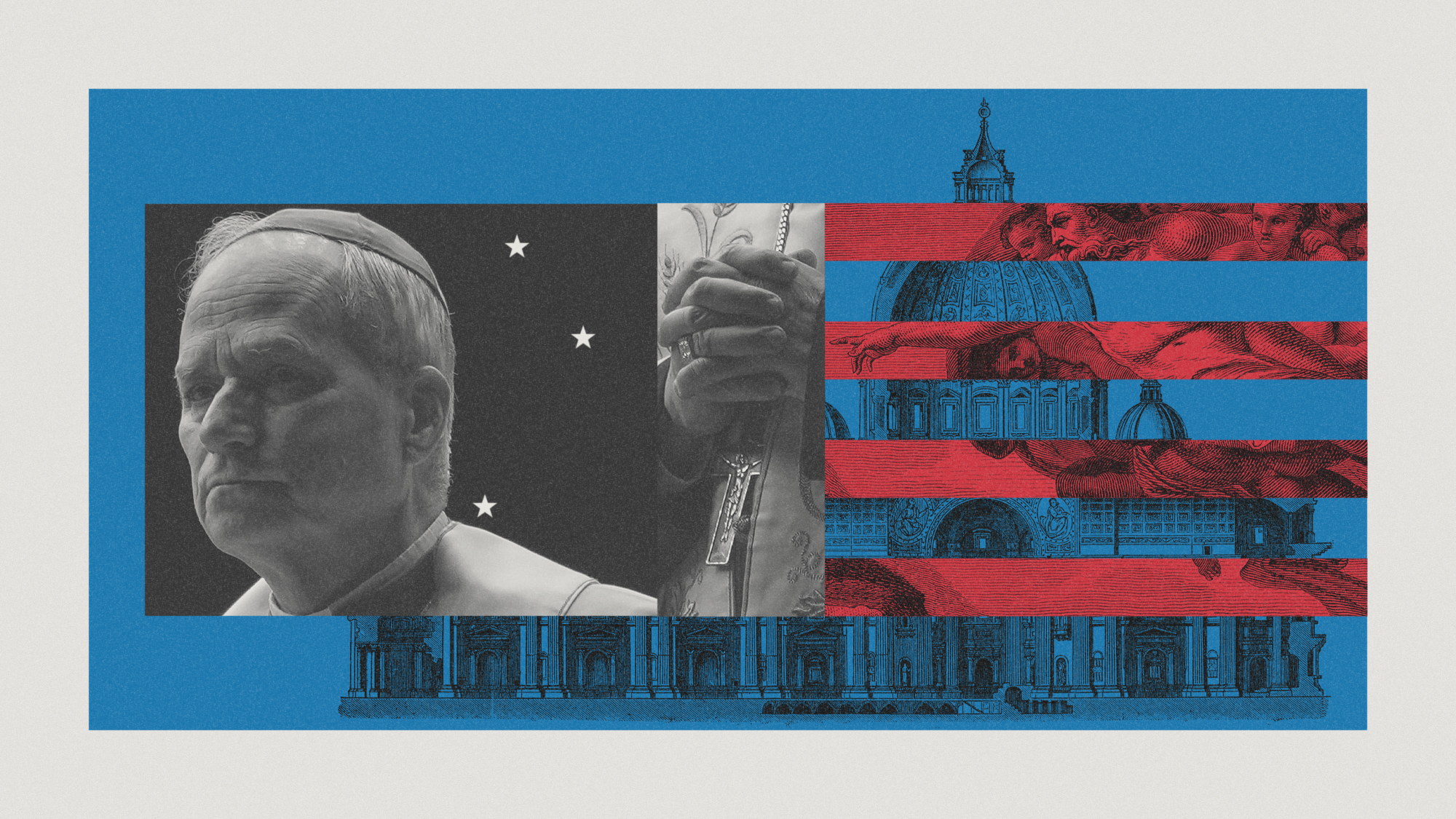 Could the next pope be an American?
Could the next pope be an American?Today's Big Question Cardinal Robert Francis Prevost is a possible 'superpower pope'
-
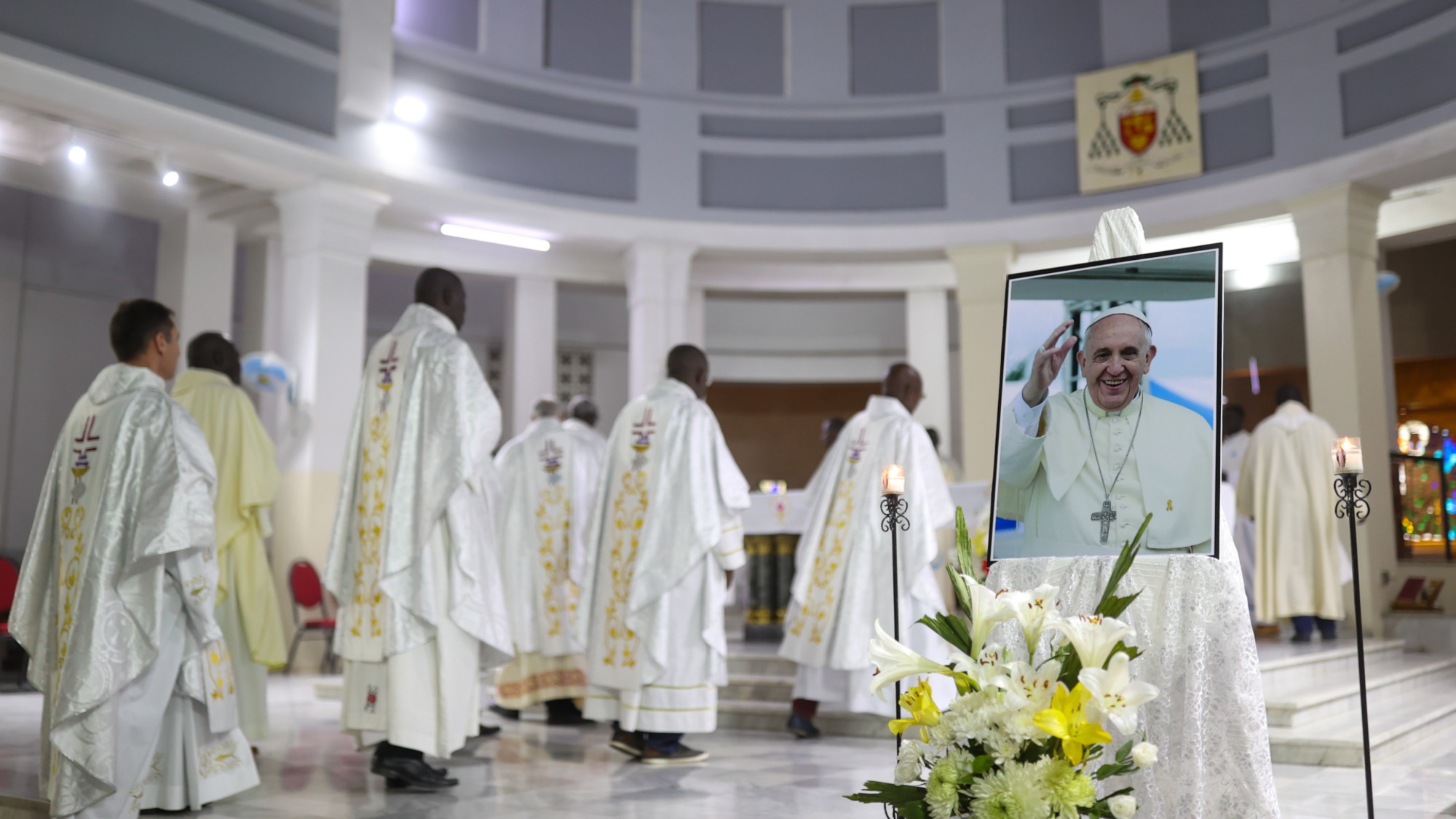 What would an African pope mean for the continent?
What would an African pope mean for the continent?Today's Big Question The Catholic Church has never had a pope from Africa in its modern history